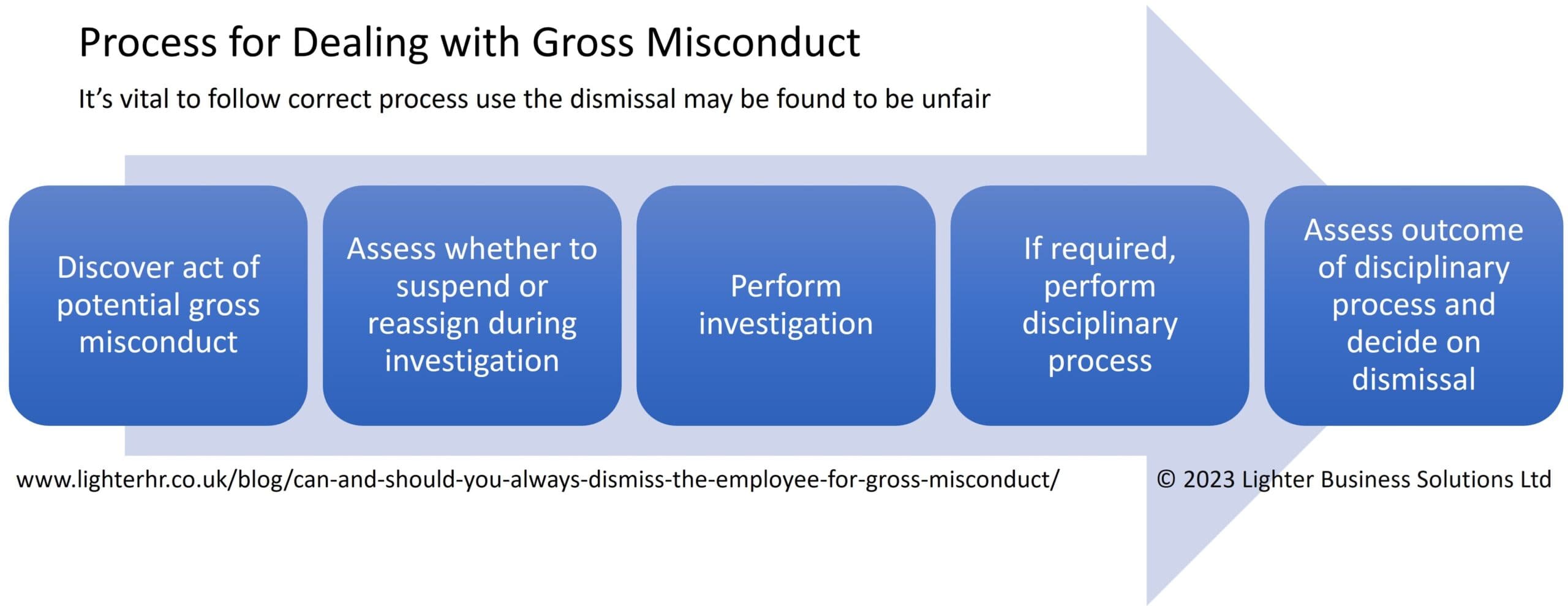UK Employers Face Complexities in Dismissing Staff Amidst Stringent Laws and Impending "Day One Rights"

The UK's employment law framework is increasingly under scrutiny for the perceived challenges it poses to employers seeking to dismiss staff, particularly those deemed to be underperforming or "gaming the system." This sentiment was recently highlighted by James Clark on social media, who stated, "In the UK it is unbelievably hard to legally get rid of someone who is gaming the system to avoid working. The process for employers is diabolical."
Current UK law mandates that employers must demonstrate a fair reason and adhere to a fair procedure to legally dismiss an employee. Reasons for dismissal typically fall into categories such as conduct, capability, redundancy, statutory illegality, or "some other substantial reason." For issues related to poor performance or misconduct, employers are generally required to follow a multi-stage process, including informal discussions, formal warnings, performance improvement plans, and the right to appeal, often guided by the ACAS Code of Practice. This detailed process is often cited by employers as time-consuming and resource-intensive, contributing to the "horror stories" mentioned by Clark, where businesses may feel "everything is stacked against employers."
Conversely, the same legal protections are designed to safeguard employees from arbitrary or unjust termination. Employees can claim unfair dismissal if their employer lacks a fair reason or fails to follow due process. This protection extends to "automatically unfair" reasons, such as dismissal related to discrimination, whistleblowing, or trade union activities, which do not require a minimum length of service. This aspect of the law aims to prevent "unscrupulous employers" from easily dismissing "conscientious" individuals, as also noted in Clark's tweet.
Further changes are on the horizon that are expected to intensify these challenges for employers. The Employment Rights Bill, anticipated to take effect in autumn 2026, will introduce "day one rights" for unfair dismissal, removing the current two-year qualifying period for most claims. While a statutory probationary period, likely around nine months, is proposed to offer some initial protection, this shift will necessitate even more robust HR policies and meticulous adherence to fair procedures from the outset of employment.
The evolving landscape underscores a persistent tension between providing comprehensive employee protection and offering employers the flexibility needed for efficient workforce management. The upcoming legislative changes are poised to place greater emphasis on employers' adherence to stringent dismissal protocols, potentially increasing the administrative burden and legal risks associated with employee terminations in the UK.